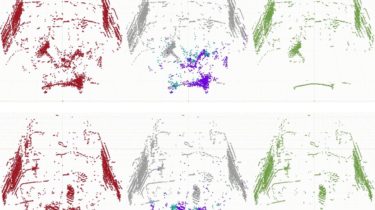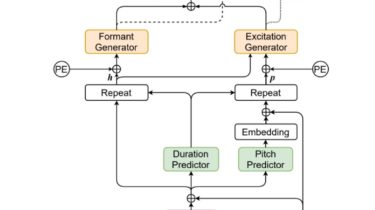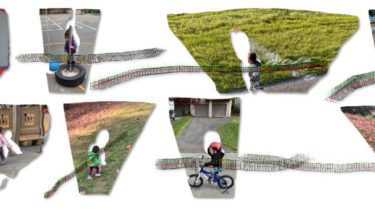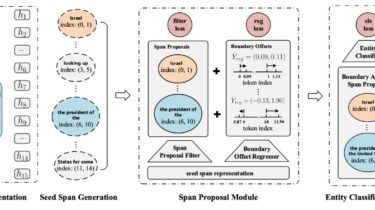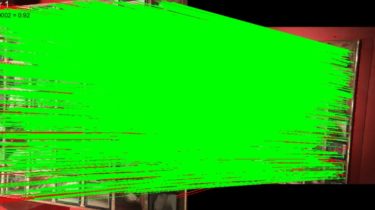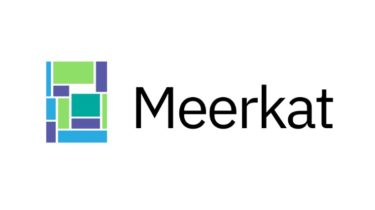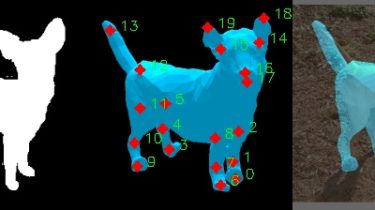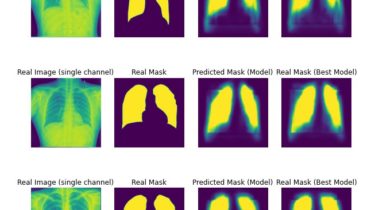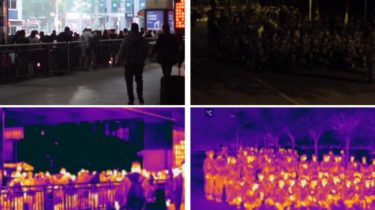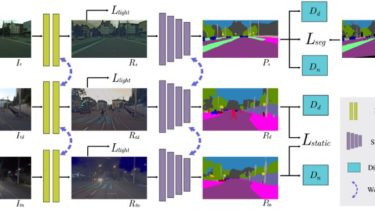Lidar sensors are frequently used in environment perception for autonomous vehicles
PointCloudDeNoising Point Cloud Denoising Abstract Lidar sensors are frequently used in environment perception for autonomous vehicles and mobile robotics to complement camera, radar, and ultrasonic sensors. Adverse weather conditions are significantly impacting the performance of lidar-based scene understanding by causing undesired measurement points that in turn effect missing detections and false positives.In heavy rain or dense fog, water drops could be misinterpreted as objects in front of the vehicle which brings a mobile robot to a full stop.In this paper, […]
Read more